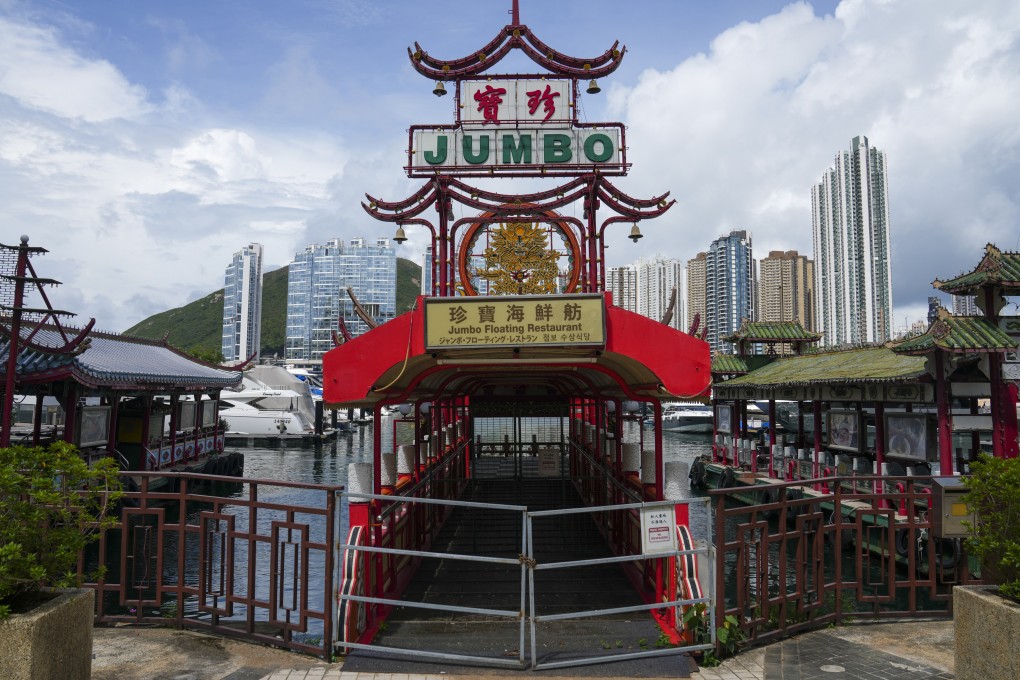Opinion | Jumbo Floating Restaurant saga another sign of Hong Kong’s inability to preserve its contemporary history
- The departure of the restaurant would be a sad continuation of the trend of post-World-War-II local history disappearing – leaving gaps in the city’s historical landscape
- This is not just about business – it concerns an outdated antiquities assessment process, preserving Hong Kong’s collective memory and establishing the future of tourism in the city

Contemporary buildings rarely get sufficient attention when facing the wrecking ball; in most cases, they are too recent for the government and public to fully appreciate their historical value.
In the case of the General Post Office building, groups requested that the Antiquities Advisory Board carry out grading assessments. This was rejected on the basis of a 2013 ruling not to carry out such assessments on buildings built from 1970. It appears the government has no intention of reviewing that decision.
The case of Jumbo Kingdom – consisting of the Jumbo Floating Restaurant and the adjacent Tai Pak Floating Restaurant – is more complicated. While iconic enough to be a symbol of the city, it is still private property and the government rarely intervenes in decisions involving private property.

